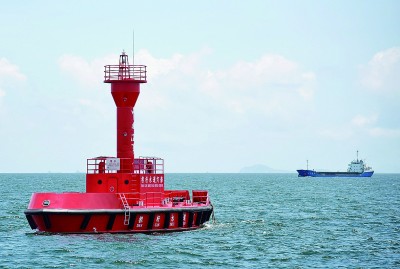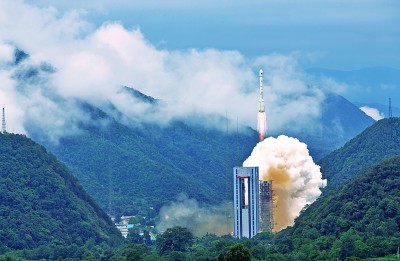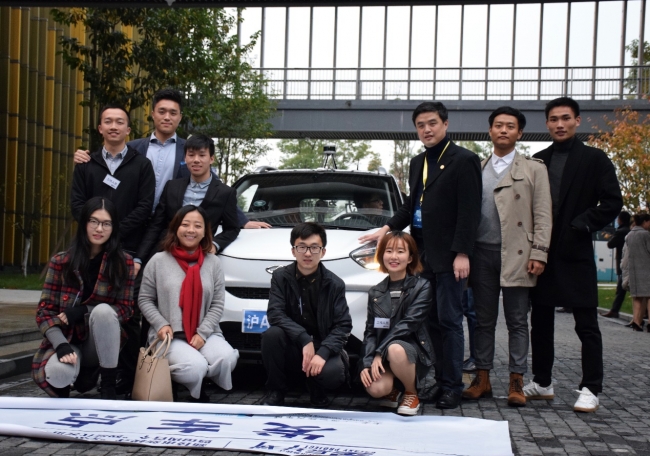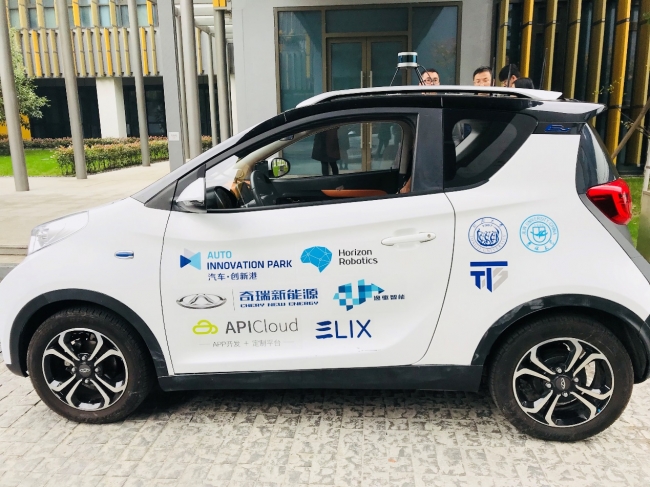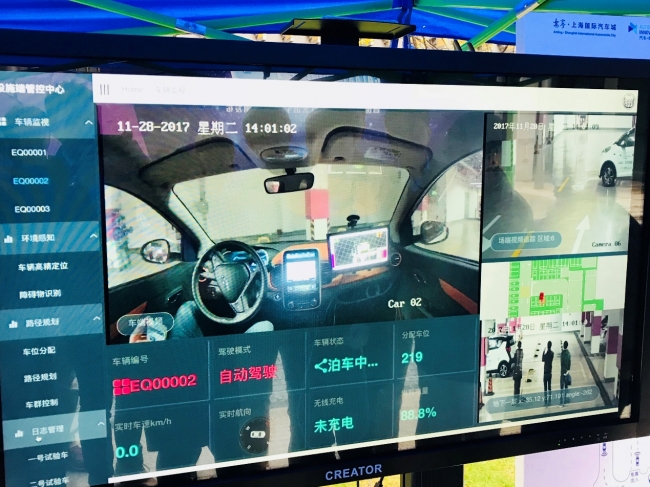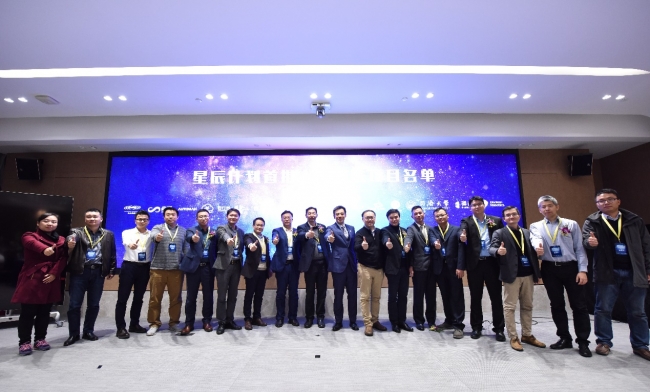Recently, the smart catering service provider that received 400 million yuan D round of financing – delicious food does not have to wait for good news: statistics show that the average daily queue volume of delicious food has reached a new high, the new number of ios in a single day has reached 7580, and the week-on-week ratio has increased by 126.13%; Android has added 3987, and the week-on-week ratio has increased by 161.61%; on Children’s Day on June 1, the number of mobile phones on the delicious platform exceeded 61,400, and the week-on-week ratio increased by 184.29%; the proportion of stores that can be picked up by mobile phone is also as high as 92.7%. The emergence of this series of new records strongly shows that online number picking has been highly recognized among both C-end users and B-end merchants, and has become increasingly popular. Delicious, a representative service provider for online number picking, is also gradually gaining popularity.
Delicious food enters the "snowball" rhythm
Statistics show that from May 18th to May 31st two weeks, in the delicious platform through the mobile phone number to take nearly 310,000, the average daily number to take nearly 22,100; the first week of June, in the delicious platform through the mobile phone number to take more than 198,300, the average daily number to take nearly 28,300, the growth trend is eye-catching.
And this is just the beginning for Delicious. It is understood that Delicious has not only received the capital and traffic support of Alibaba’s word-of-mouth and Ctrip, the leading investors in the D round of financing, but also recently reached cooperation with Didi Chuxing and China Merchants Bank to implement the "New Delicious Baichuan Plan" to help merchants acquire customers through multiple channels and help merchants establish their own traffic platforms. It is not difficult to imagine that the inflow of traffic from these BAT and other giants will form a "snowball effect", which will accelerate the development and growth of Delicious.
Deeply empowers restaurants to achieve six major enhancements
According to the data, Delicious entered the catering industry in 2013 with queuing, and in less than two and a half years, it occupied 95% of the catering queuing market. Since then, Delicious has anchored the continuous cultivation of smart catering through repeated trials and errors and rapid iterations, and gradually realized the opening of the whole process of restaurant business scenarios from queuing reservations to user-consumer payment. It has also launched a solution for the integration of the whole process of catering business scenarios – "Delicious · Smart Restaurant", which systematically solves the problems of restaurant efficiency, management, marketing, cost and customer dining experience. It can enable restaurants to achieve six major improvements: lifting time, lifting tables, raising new customers, returning customers, and picking up bills.

Different from other queuing systems, the widely used queuing system of delicious food also makes the following settings: ① Help merchants manage and guide consumers, establish a credit mechanism, if 5 times to cancel or be banned; ② Set up a queuing deposit to ensure that the actual queuing rate to the store; ③ Establish a membership system, from the step of taking the number to the merchant membership pool, help merchants to pull new; ④ Allow merchants to access their official account, build a queuing system with their official account, and then operate a good member, not necessarily relying on the platform. It can be said that every merchant can become their own small service provider, and this open attitude makes delicious food more popular with merchants.


Wide user experience
According to reports, delicious food and beverage merchants and many traffic platforms that implement the "router" strategy have carried out extensive and in-depth connections. As of now, customers can queue up online to pick up numbers, order food, and pay, whether through the delicious APP/WeChat service number, the merchant WeChat service number, or through other large-traffic platforms connected to the delicious system (such as Koubei, Ctrip Gourmet List, etc.).
Launched with delicious food
"Second row" function, users can go shopping after picking up the number, and then go to eat when there is a table, which not only reduces the attrition rate of queuing users, but also reduces the irritability of customers in the process of waiting, and improves the user experience; its "second point", "second payment", "member when you arrive at the store" are also very popular.
Users can directly achieve full self-service ordering and payment on their mobile phones, and the total time for the two operations does not exceed 10 minutes. There is no need for waiters to intervene in the payment process. They can check the menu, deduct discounts (while automatically stacking member discounts), complete the payment, and set the invoice title on their mobile phones. The whole process is completely self-service, truly eating and leaving.
From quantitative change to qualitative change
Data intelligence and AI decision-making are the commanding heights of smart catering, and to achieve good data intelligence and AI decision-making results, it mainly depends on two points: one is model optimization, and the other is data quality. Are these two footholds stable?
Data show that by 2017, delicious food has covered more than 200 cities and nearly 100,000 restaurants across the country, providing high-quality food service experience for nearly 1 billion consumers, and extensive connections have allowed delicious food to precipitate a steady stream of massive big data. In the control of big data, an important means of production known as the decisive future, delicious food has been invincible. The "New Delicious Baichuan Plan" is even more connected to Ali’s word-of-mouth, Ctrip Gourmet List, Didi Chuxing, and other large commercial banks. Credit card client side cooperation will undoubtedly give delicious food an innate advantage in the quality and quantity of big data.
In terms of model optimization, Delicious’s strength should not be underestimated. Delicious has previously released enterprise big data, which not only includes the change trend analysis of the national queuing flow time period, but also the TOP10 cuisines with an average queuing volume in 2017. It also provides the average equivalence time of each cuisine in 2017, which is accurate to the minute, and the average distance of online number picking, which is accurate to kilometers.
"Muscle". In addition, according to reliable news, Delicious has finalized a large-scale technological enhancement in April this year – teamed up with a very powerful catering SaaS software company to deeply empower catering companies and users with technology. Delicious’s determination and courage to create smart catering are clearly visible, and what kind of growth curve it will exhibit in the future is more worthy of everyone’s expectation.
(Disclaimer: The content of this article is published or reproduced on this website. It only represents the author’s personal opinion and has nothing to do with this website. For readers’ reference only, please check the relevant content by yourself.)

